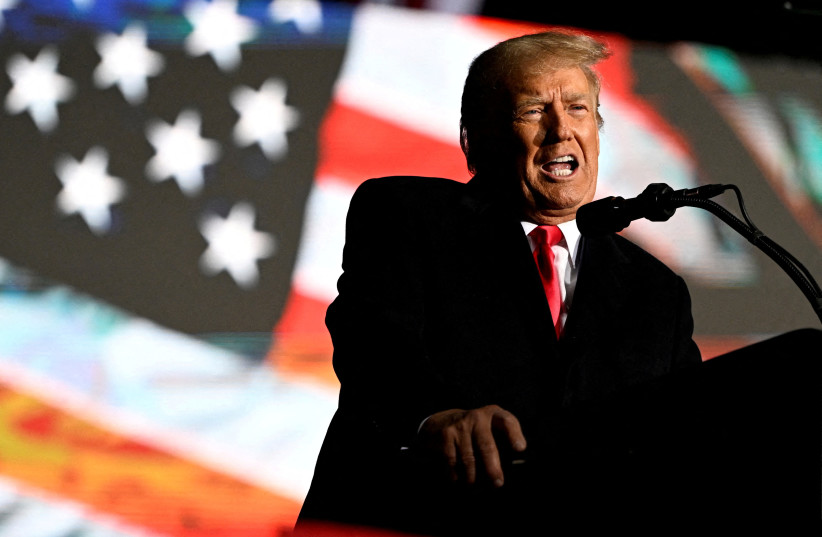The US Supreme Court on Friday declined to immediately decide former President Donald Trump's claim that he cannot be prosecuted for trying to overturn his 2020 election defeat, allowing a lower court to continue reviewing the issue.
The justices, rebuffing an extraordinary request by US Special Counsel Jack Smith, refused to effectively leap-frog a lower appeals court in order to speed up a final ruling on Trump's claim of criminal immunity ahead of the former president's trial.
Prosecutors have accused Trump, the frontrunner for the 2024 Republican presidential nomination, of attempting to obstruct Congress and defraud the US government through schemes to reverse Democratic President Joe Biden's 2020 election win.
Arguments within the court
Trump has argued that the case should be dismissed on the grounds that former presidents cannot face criminal charges for conduct related to their official responsibilities.
US District Judge Tanya Chutkan rejected that claim on Dec. 1, prompting Trump's appeal to the US Court of Appeals for the District of Columbia Circuit. Trump's appeal suspended his trial, currently set for March.

In a bid to avoid delaying Trump's trial, Smith on Dec. 11 urged the Supreme Court to undertake an expedited ruling - even as the D.C. Circuit court races to rule on the issue.
If Trump is reelected to the White House on Nov. 5, he could seek to pardon himself of any federal crimes.
Trump's lawyers opposed Smith's request, telling the justices in a court filing the special counsel's bid to bypass the normal appellate process amounted to a "rush to decide the issues with reckless abandon."
Three of the nine Supreme Court justices were appointed by Trump, who cemented a 6-3 conservative majority.
